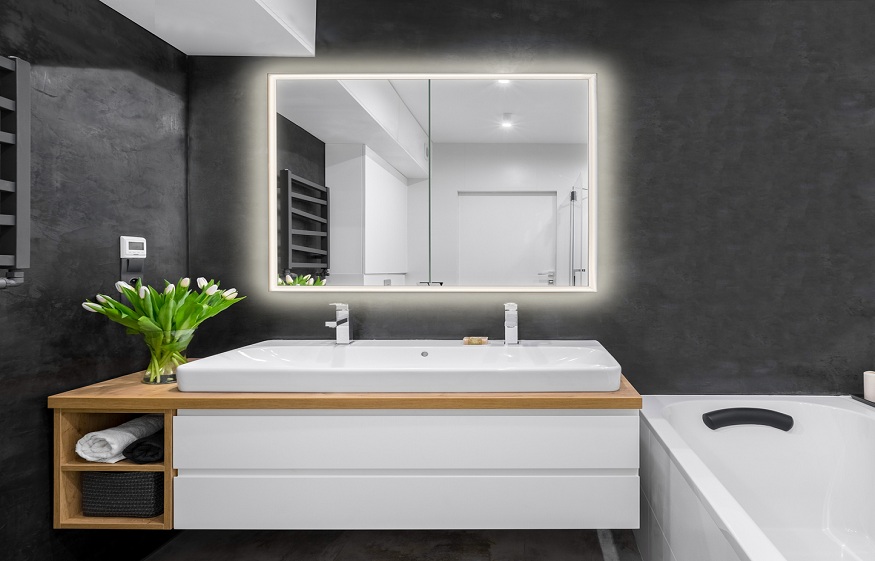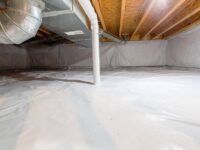Things You Need To Know About Mirror Desilvering

Mirror desilvering is a process that eliminates the silver coating on mirrors, which can become discolored over time. It’s also a way for you to update the look of your mirror and bring it back to life. But before you jump into this DIY project, there are some things you should know about mirror desilvering and how it works.
Desilvering is done by removing the silver layer.
You can remove the silver layer by dissolving it with a chemical solution. This is done by applying an acidic solution, like vinegar or lemon juice, to the mirror and letting it sit for several hours. The silver will turn black and be removed from the glass.
If you are not interested in removing all of your mirrors at once, you may want to consider using a more gentle process. For example, suppose there is only one mirror on which you need to remove the silver layer (for example, because it has been damaged). In that case, this is also possible to use baking soda as an agent instead of strong acids or bases. To do this, simply add hot water and baking soda to your bathtub and let it sit for about twelve hours before wiping it away with warm water and cloths.
Desilver mirrors have uses.
Whether you’re using the process in your home or office, desilvering mirrors can be a great way to upcycle them and make them useful again. A desilvered mirrors looks different than it did when it was new—it’s more textured and uneven. This makes it harder for light to reflect off of the surface, meaning that you’ll have a hard time seeing yourself in it unless you look at the reflection from an angle. But if this doesn’t bother you, then you might want to consider purchasing such a mirror for decorative purposes!
Desilvered mirrors require new coatings.
The good news is that there are methods to desilver mirrors. The bad news is that you’re going to have to apply a new coating when your mirror is restored. You may be able to buy commercial products for this, but it’s likely that if you have a small or medium-sized mirror, you’ll want the DIY approach.
You should make sure that your chosen coating product will adhere well and won’t affect your mirror’s appearance or function—and make sure it’s compatible with the glass surface itself (some coatings might not work). This will require some research on your part, but it can be done!
You can desilver a mirror at home.
You can desilver a mirror at home!
- First, gather the following materials: baking soda, water, and vinegar.
- Then, mix equal parts of each ingredient in a bowl (or large mug). It’s best to use distilled water for this so that you don’t add any additional minerals back into your glass. You should also avoid tap water because it contains chlorine which will react with the chemicals used in this process and create an unpleasant odor as well as discoloration of the glass over time.
- Lastly, I recommend using gloves when handling these substances so that no oils from your hands get on your mirror’s surface during the cleaning process.
Now we’re ready to get started! Dip a soft cloth into our mixture, then wipe away grime with circular motions until no more residue appears on the cloth after wiping away the area being cleaned off the surface
Conclusion
Mirror desilvering is a process that can be done by anyone with the proper tools and knowledge. The main goal of this process is to remove the silver from an object, but it can also be used for other purposes. You may want to consider using this process to remove silver from an item and reuse it without having any traces left behind.





